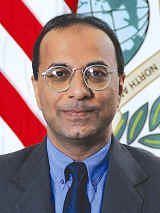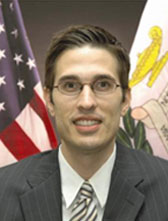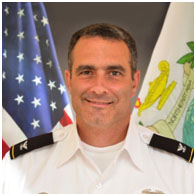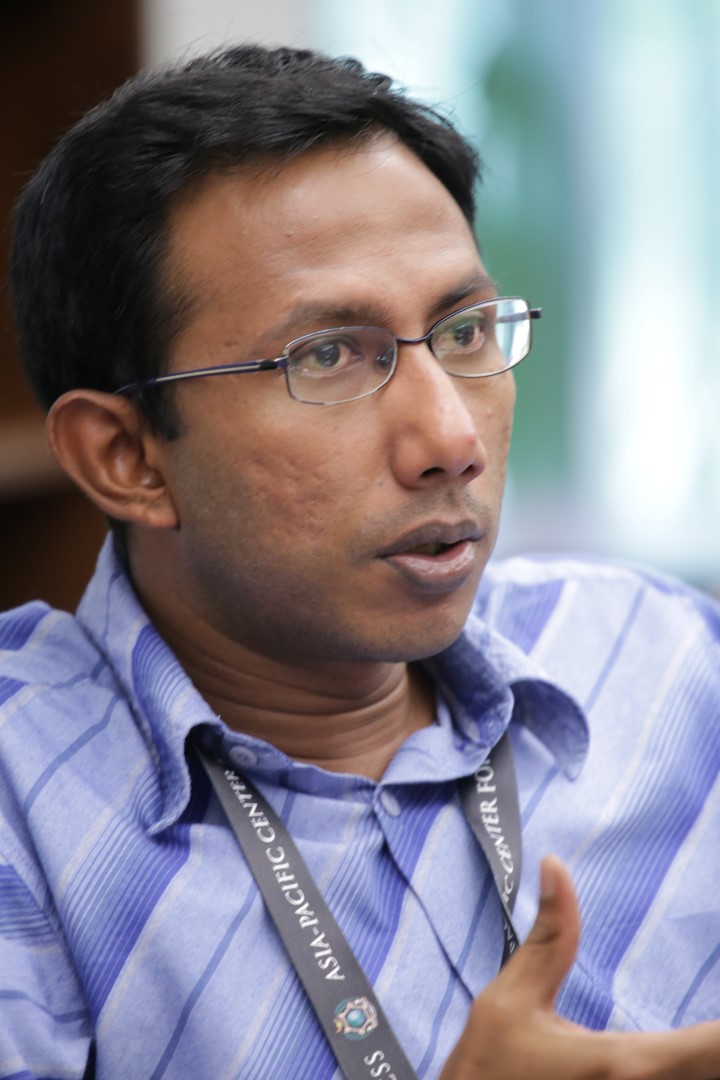Stakes Are High in Asia’s Changing Geopolitical Landscape
“America and China’s Dangerous Game of Geopolitical Poker” is Dr. Mohan Malik’s latest article for The National Interest . In it he discusses key reasons for China’s aggressive posturing and outlines major strategic shifts that are occurring in Asia’s geopolitical landscape. According to Malik, “…China is behaving just as other rising powers have behaved in history: it is laying down new markers, drawing new lines in the land, air, water, sand and snow all around its periphery, seeking to expand its territorial and maritime frontiers, forming and reforming institutions, and coercing others to fall in line. For Beijing, history—the Chinese Communist [...]











